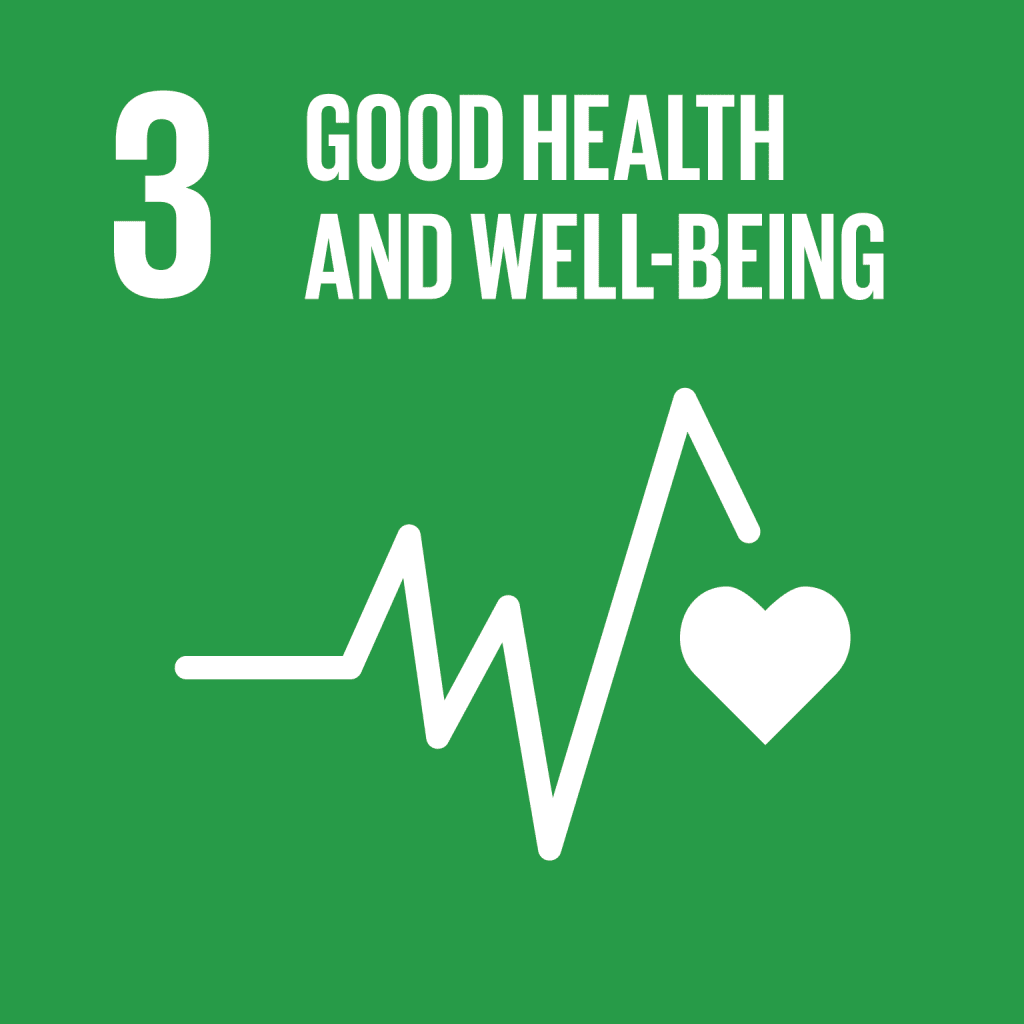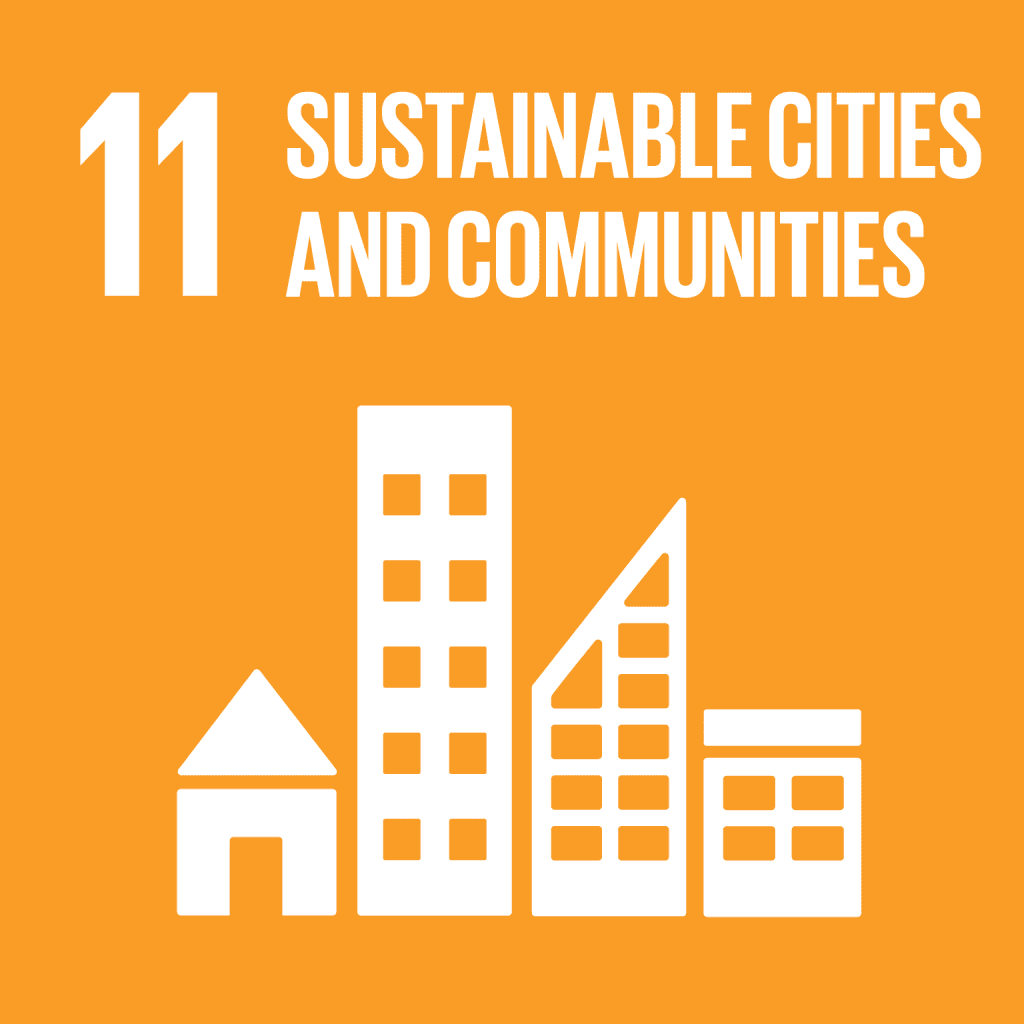Air pollution is not a localised issue, but a global threat with far-reaching consequences. Taking these proactive measures can pave the way for a healthier, cleaner, and more sustainable future. Written by Emily Luan.
First look into air pollution as a global issue
Air pollution is not a localised issue, but a global threat with far-reaching consequences. The uncontrolled release of harmful substances, for example, particulate matter, nitrogen oxides, and volatile organic compounds, into the atmosphere is not only causing widespread health issues but also leading to environmental degradation on a global scale. Responsible for 36,000 deaths, over 20,000 hospital admissions, and millions of sick days every year in the UK alone. Costing the country Tens of billions yearly.
Major contributors to air pollution, such as vehicular emissions, industrial activities, and the burning of fossil fuels, are not just environmental concerns. They are direct threats to our health, causing respiratory diseases like asthma and bronchitis, cardiovascular problems such as heart attacks and strokes, and other serious health issues. For instance, did you know that air pollution can trigger asthma attacks in children and adults, leading to hospitalisations and even death? The impact of these pollutants extends beyond our bodies, affecting ecosystems and overall air quality.
The resolution of the air pollution crisis is not a distant dream but a tangible goal within our reach. It requires stringent regulations on emissions, widespread adoption of cleaner technologies, and extensive public awareness initiatives. These initiatives involve educational campaigns, community outreach programs, and the dissemination of information about the causes and effects of air pollution, as well as the steps individuals and communities can take to reduce their contribution to it. By taking these proactive measures, we can curb air pollution and pave the way for a healthier, cleaner, and more sustainable future for both current and future generations.
What the Council and University of Worcester bring to the table
The air quality in most of Worcester is good, but there are several areas within the city centre with high levels of nitrogen dioxide air pollution, mainly from road traffic. The City Council, in collaboration with various organisations such as the university, has developed a plan to improve air quality. Proposed measures include:
- Increasing electric vehicle charging points.
- Improving cycling and walking paths.
- Introducing a public bike hire and share scheme in the city.
Clean Air Day, the most extensive campaign in the UK, is a day dedicated to raising awareness about air pollution and encouraging people to take action to improve air quality. In the previous year of 2023, this campaign saw a significant impact uniting the people within Worcester in taking the initiative and making an impact with our own hands. The University of Worcester, in conjunction with Worcester City Council, encourages walking, cycling or public transport use to reduce emissions. At home, they suggested avoiding unnecessary burning of stoves and fires, using fragrance-free milder cleaning products, and if you do have to drive, switch off the engine when stationary. This is a testament to the power of collective action and the positive change we can bring about.

First-Hand Experiences of Worcester Residents With Air Pollution
We connected with students in Virginia House, situated on one of the most air-polluted streets in Worcester city centre. Its residents have long been voicing concerns about their windows, which cannot be opened, due to regulations to improve air quality. This is a direct consequence of the poor air quality beyond their curtains.
The overall impact of the air pollution in the area can be degrading to the quality of life of its residents. With many complaining that the rooms become unbearably hot, and not being able to ventilate the rooms through the windows. Though many living in there have taken steps to remedy this such as the use of cooling units, it still has caused an onslaught of complaints of discomfort.
A student has gone on to say that “the windows being sealed shut due to the issues surrounding the air quality in the area causes a multitude of everyday inconveniences aside from the high temperatures within the buildings.” Without this ventilation, the environment can get very dusty due to the reliance on air vents. Cooling units to combat the heat can also serve to disperse dust and allergens often, causing some discomfort. Other minor inconveniences include lingering cooking odours.
Aside from possible dust allergies and extra work in maintaining their living spaces, most of this does not significantly hinder the residents’ everyday lives but can still be very unpleasant for the residents of this air-polluted street.
Why this applies to you?
Understanding the importance of air pollution measures is not just crucial, it’s empowering for every individual. Elevated levels of air pollution can lead to a range of health issues. By implementing stricter regulations and embracing cleaner technologies, we can shield ourselves from the damaging effects of air pollution and ensure a healthier environment. Each of us, as residents of Worcester, has a significant role to play in this. Our actions, no matter how small, can make a tangible difference. This is our power, our responsibility.
Showing Our Support: What We Can Do
Keeping the momentum we have created in the previous years is vital to us making an impact. Individually, we need to take steps to reduce our contributions to air pollution. Breaking this down, we can start by making small changes to our lifestyles. Remember, each of us has a role to play in this, and our actions can make a significant difference.
Some suggestions by the ‘Global Action Plan‘, a renowned organisation dedicated to combating air pollution, and Worcester County Council include:
Changes to travel:
- Consider sharing a car with loved ones or friends when going out.
- Public transport also dramatically reduces emissions.
- Cycling or walking can be great alternatives to other forms of transport, especially in shorter distances.
- Turn off the ignition and engine when your car is stationary.
Changes to work (if possible):
- Working from home or a co-working space close by.
- Opting for click-and-collect services instead of home deliveries also helps reduce vehicle air pollution.
Changes to everyday life:
- Avoiding unnecessary burning of stoves and fires.
- Making the switch to Fragrance-free, milder cleaning products to reduce VOCs.
- Become a role model to others around you. Start with having open and honest conversations about air pollution and local issues regarding air quality. The little things we can all do work towards remedying the global threat as a whole
Supporting our collective Voice and choice, call out to our next elected prime minister that air pollution truly matters to us and pass on to our country’s elected powers the message that we want to make walking and cycling safer. It is time we ensure that everyone can access reliable and affordable public transport. ‘Global Action Plan’, as an organisation taking the lead in bringing awareness to clean air, has provided mail templates and a petition encouraging a voice in bringing about a change within the UK. We urge you to sign the petition and join us in this important cause.
If you want to learn more about becoming a sustainable role model, check out our Reduce Your Plastic Pollution post!

